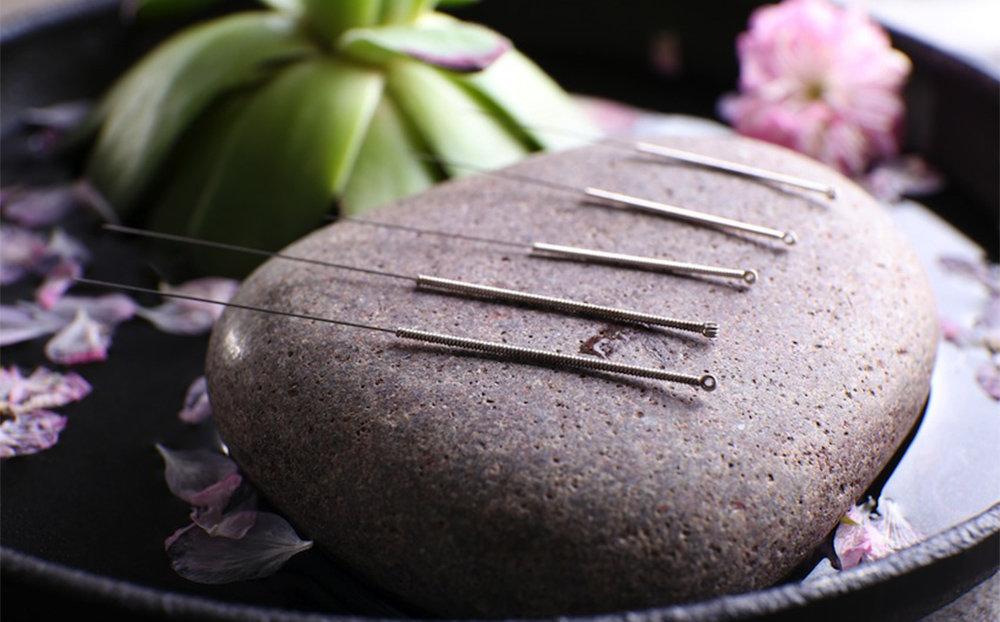
For millions of people who live with pain, acupuncture is no longer an exotic curiosity. It's now widely accepted among the medical community. And it's pretty popular with patients as well. A recent survey found almost 3.5 million Americans said they'd had acupuncture in the previous year.
Acupuncture, in which needles, heat, pressure, and other treatments are applied to certain places on the skin, has come a long way since 1971. That's when the 2,000-year-old Chinese healing art first caught on in the United States, thanks to a story in The New York Times. The piece was written by a reporter who had visited China and wrote about how doctors healed his pain from back surgery using needles.
In 1996, the FDA gave acupuncture its first U.S. seal of approval, when it classified acupuncture needles as medical devices. In the 21 years since, study after study indicates that, yes, acupuncture can work.
"There's nothing magical about acupuncture, many of these [alternative] techniques, including acupuncture, they all work by activating the body's own self-healing [mechanism]."
And that's the main goal of acupuncture: SELF-HEALING.
If you're deciding if acupuncture is right for you, it's best to be open to its benefits and skeptical of claims it's a magical cure-all.
"It should be part of a comprehensive approach to solving problems,"
Chronic Pain
Acupuncture has long been recognized as an effective treatment for chronic pain. In 2012, a study found acupuncture was better than most conservative treatment of four chronic pain conditions:
- Back and neck pain
- Osteoarthritis (your doctor may call it “degenerative joint disease” or “wear and tear arthritis)
- Chronic headache
- Shoulder pain
The National Institutes of Health calls the study "the most rigorous evidence to date that acupuncture may be helpful for chronic pain.”
Now, doctors are eager to find a drug-free approach to pain treatment in light of the dangers of opioids.
Now, the CDC says doctors should turn to other treatments for chronic pain in cases that don't involve active cancer, palliative care, and end-of-life care.
"If a lot of people recognize the value of acupuncture, it will be one of the components of addressing the prescription drug epidemic that we're talking about in our country right now."













